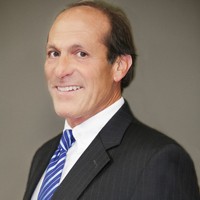
The Inflation Strategy Most People Don’t Realize They Need!
Markets may look calm on the surface, but underneath, powerful shifts are already underway. While headlines focus on “flat” weeks, quieter parts of the market are breaking out, inflation is behaving in unexpected ways, and investors are starting to reposition for what could be a very different 2026. In this episode of WWM Talks, the guys dig into what’s really driving returns right now, and why paying attention to the wrong signals could mean missing the next phase of opportunity.
You’ll hear why smaller stocks, equal-weighted indexes, and overlooked sectors are quietly making new highs, how falling interest rates are reshaping market leadership, and why this doesn’t look like a replay of the 2000 tech bubble. The conversation also dives into inflation’s stickiest drivers housing, food, labor, and services and what they mean for Fed policy going forward.
The group explores rising M&A activity, the massive AI spending boom, energy constraints, and why business investment could be a powerful tailwind heading into 2026. Plus, a candid discussion on taxes, profit-taking, and why paying more in taxes often means you’re doing something right.
A thoughtful, forward-looking episode for investors focused on the bigger picture, not the daily drama.
Date Recorded: 12/11/25
Disclosure:
WWM Financial is an SEC Registered Investment Advisor
The opinions expressed in this program are for general informational purposes only and are not intended to provide specific advice or recommendations for any individual or on any specific security. It is only intended to provide education about the financial industry and how we may be able to assist. To determine which investments may be appropriate for you, consult your financial advisor prior to investing. Any past performance discussed during this program is no guarantee of future results. As always please remember investing involves risk and possible loss of principal capital. Tax considerations presented may not be appropriate every individual circumstance. A tax professional should be consulted before making any decisions about your tax liability. wwmfinancial.com | 760.692.5190










